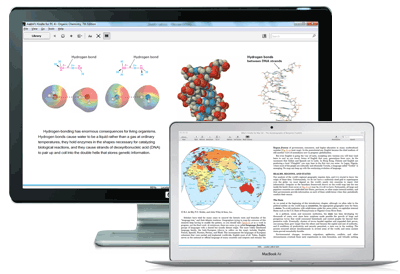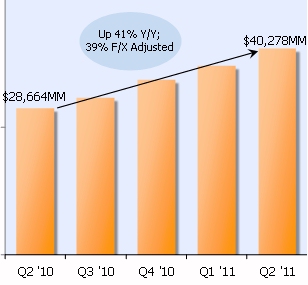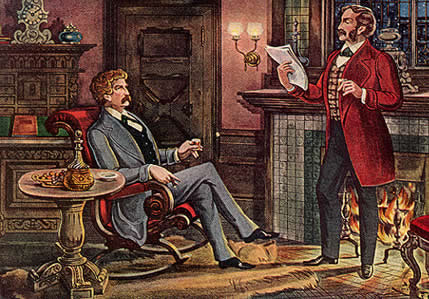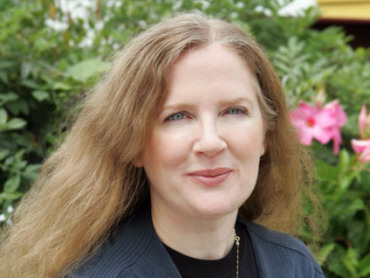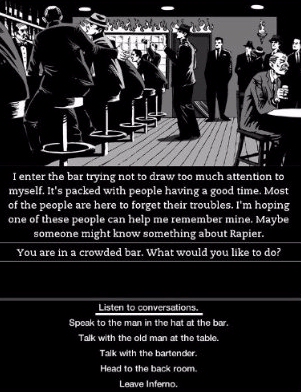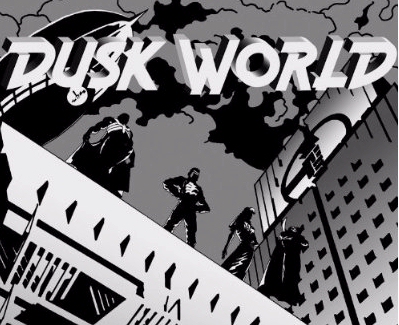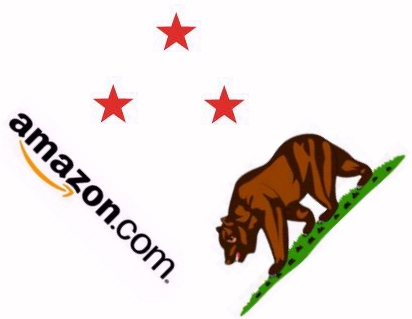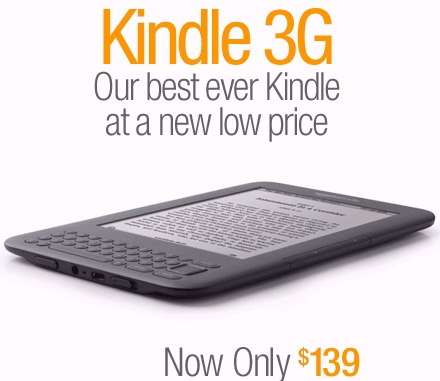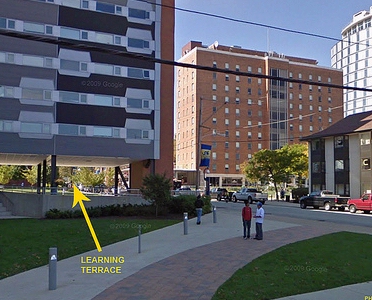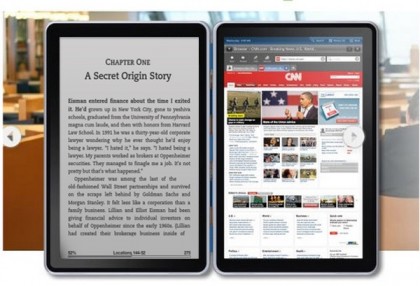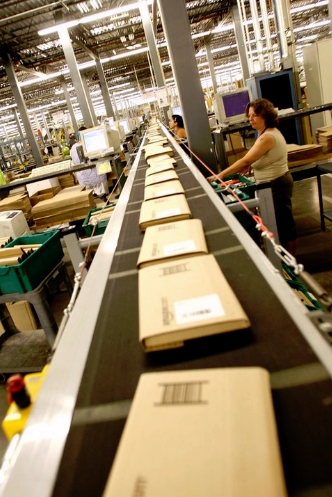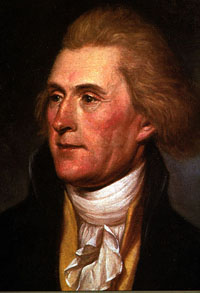
Here’s something I didn’t expect to see. Amazon will start selling Kindles in toy stores! The “Toys R Us” chain has 1,556 outlets around the world — including 840 in the U.S., where they’ll be selling the Kindle and Kindle accessories. “The introduction of Kindle provides another compelling reason for families to visit Toys R Us stores,” a company spokesperson told me on Thursday, “for the best and broadest assortment of products for kids living a digital lifestyle.”
It’s considered the largest single toy retailer in the world, according to Reuters, and their store in Times Square is said to be the world’s single-largest toy store. And if you buy your Kindle there, the toy store will give you a bonus, a company spokesman told me Thursday. “To celebrate…customers purchasing any Kindle will receive a free $10 Toys R Us Gift Card from July 31 through August 6, while supplies last.”
But the significance is obvious: Amazon is positioning the Kindle as a gift for children! “From the department of hook ’em early,” joked a blogger at the Los Angeles Times – but I think it’s part of a deep and meaningful trend. Earlier this month, the government of South Korea declared that they’ll eliminate all printed text books in their state-run schools over the next four years — to replace them all with ebooks. It will cost $2.4 billion, the country’s education minister told the Christian Science Monitor, citing it as part of a project to create “smart schools” which incorporate video, animation, hyperlinks, and even virtual reality into a “digital curriculum.
In fact, hundreds of elementary school students in South Korea are already reading digital textbooks on tablet computers, according to the article. And it may be the first sign of a new role for the Kindle and other digital readers: educating our children. In fact, in Texas, Abilene Christian University is already experimenting with digital textbook. One sophomore told USA Today that his economics textbook somehow became more appealing when it was available in a digital format. (“Just the fact that it’s on the iPad and it’s all on there, makes me a lot more interested.”)
The school launched a “mobile learning” initiative, and 75% of the incoming freshmen said they’d be willing to buy their own tablet if they were able to use them to read more than half of their textbooks. The sophomore said he was already dreading the end of this year’s pilot program, saying that when he had to finally give up the iPad, “It’s going to break my heart.” But this isn’t the only example of ebooks being used in education. There have also been several anecdotes about Kindles being used in American high schools and elementary schools — and even in a pilot program in a village in Africa.
Florida is requiring schools to spend half their textbook money on ebooks within the next three years. And there was a sweet story about a fifth grade class in New York where the students shared eight Kindles. The teacher gushed that it made her students excited about reading, saying “If we can get them excited about reading at this age, it creates a lifelong reader.” And a charity called World Reader brought 440 free Kindles to a village in Africa.
I think Amazon sees this as the next big market for the Kindle. Maybe they’re just looking for a new source of customers so they can keep competing with the Nook. But it’s possible they’ve recognized this
as the future. I think they want to make sure that the next generation gets an early chance to start reading their ebooks on a Kindle.
